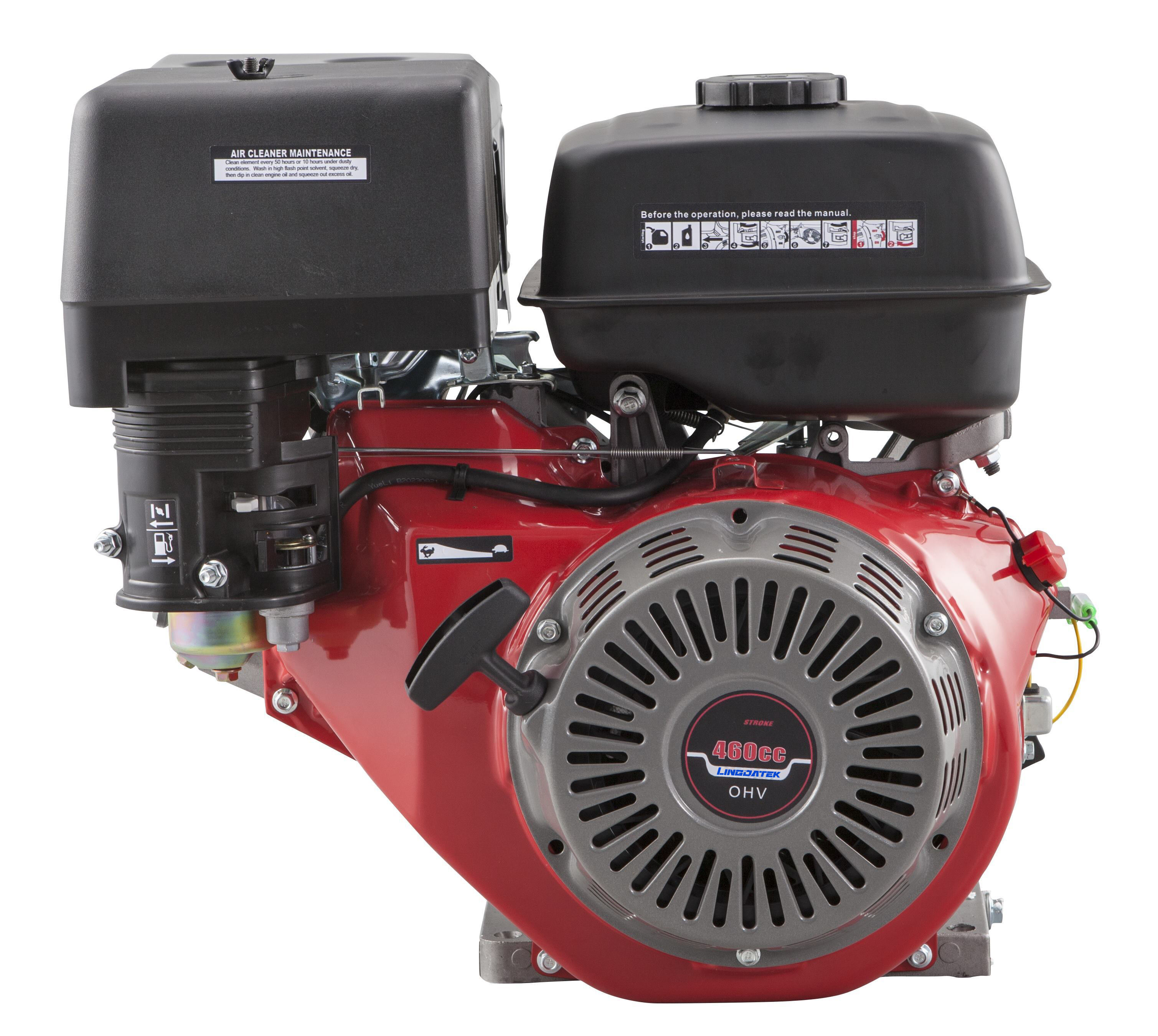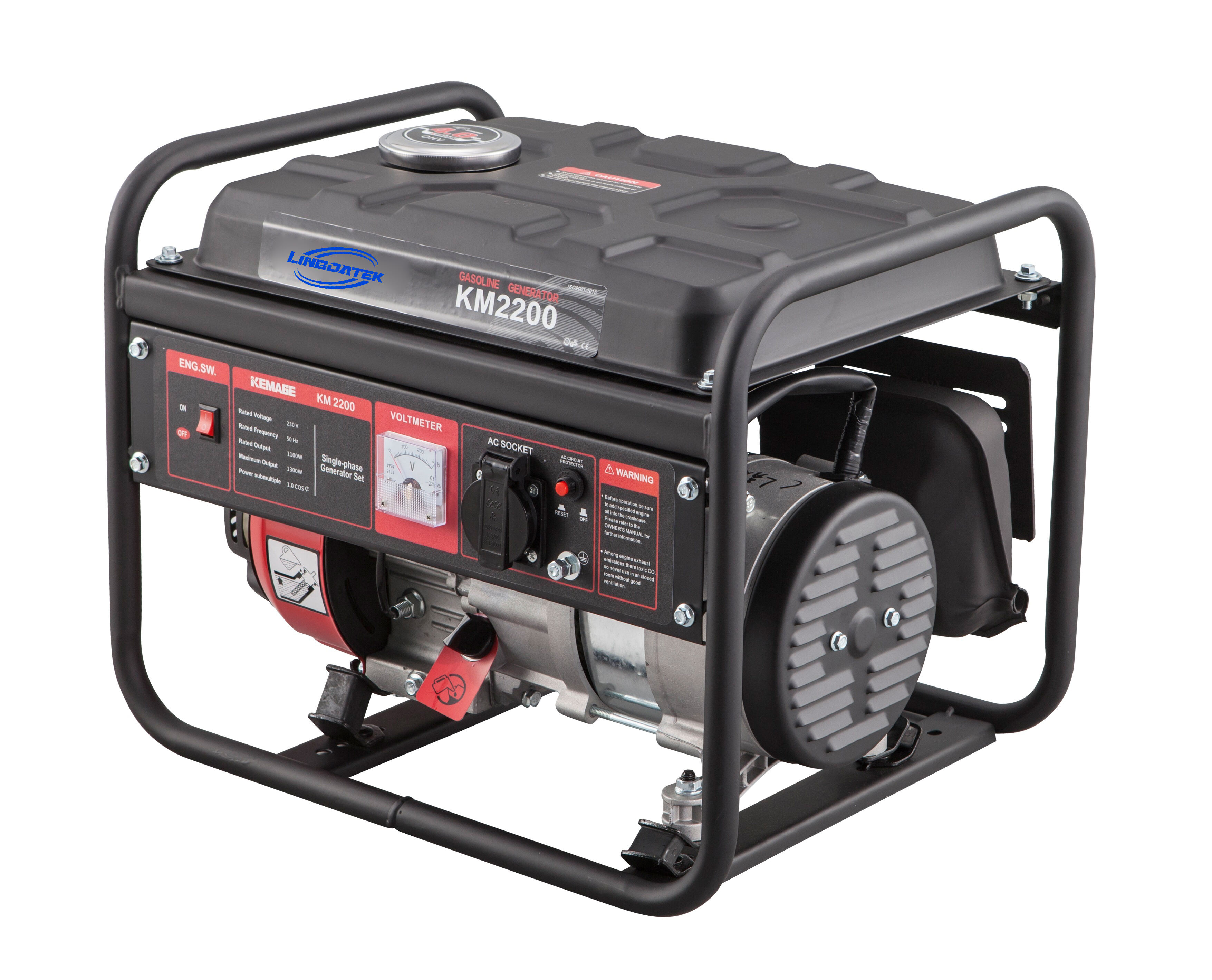나트륨 이온 배터리
나트륨 이온 배터리는 에너지 저장 기술에서 획기적인 발전을 나타내고 있으며 전통적인 리 이온 배터리에 대한 지속 가능한 대안을 제공합니다. 이 혁신적인 에너지원은 풍부한 나트륨 자원을 주요 구성 요소로 활용하여 비용 효율적이고 환경 친화적입니다. 기본 작업은 전해질 용액이 촉진되는 충전 및 배열 주기 동안 사드륨 이온이 카토드와 애노드 사이에 이동하는 것을 포함합니다. 배터리의 구조는 일반적으로 나트륨 기반의 카토드 물질, 탄소 기반의 아노드, 그리고 효율적인 이온 운송을 가능하게 하는 신중하게 구성된 전해질로 구성됩니다. 이 배터리는 빠른 충전 능력에서 탁월하며, 고전력 응용 프로그램에서 인상적인 성능을 보여줍니다. 광범위한 온도 범위에서 효과적으로 작동 할 수있는 능력으로 다양한 산업 및 소비자 응용 분야에 특히 적합합니다. 이 기술은 에너지 밀도와 주기 수명에서 주요 과제를 해결하기 위해 발전했으며 최근 발전은 전반적인 성능 측정에 대한 유망한 개선이 나타났습니다. 나트륨 이온 배터리는 네트워크 에너지 저장소, 전기 자동차 및 휴대용 전자 장치에서 점점 더 많이 채택되고 있으며 지속 가능한 에너지 솔루션의 중요한 발전을 나타냅니다.


